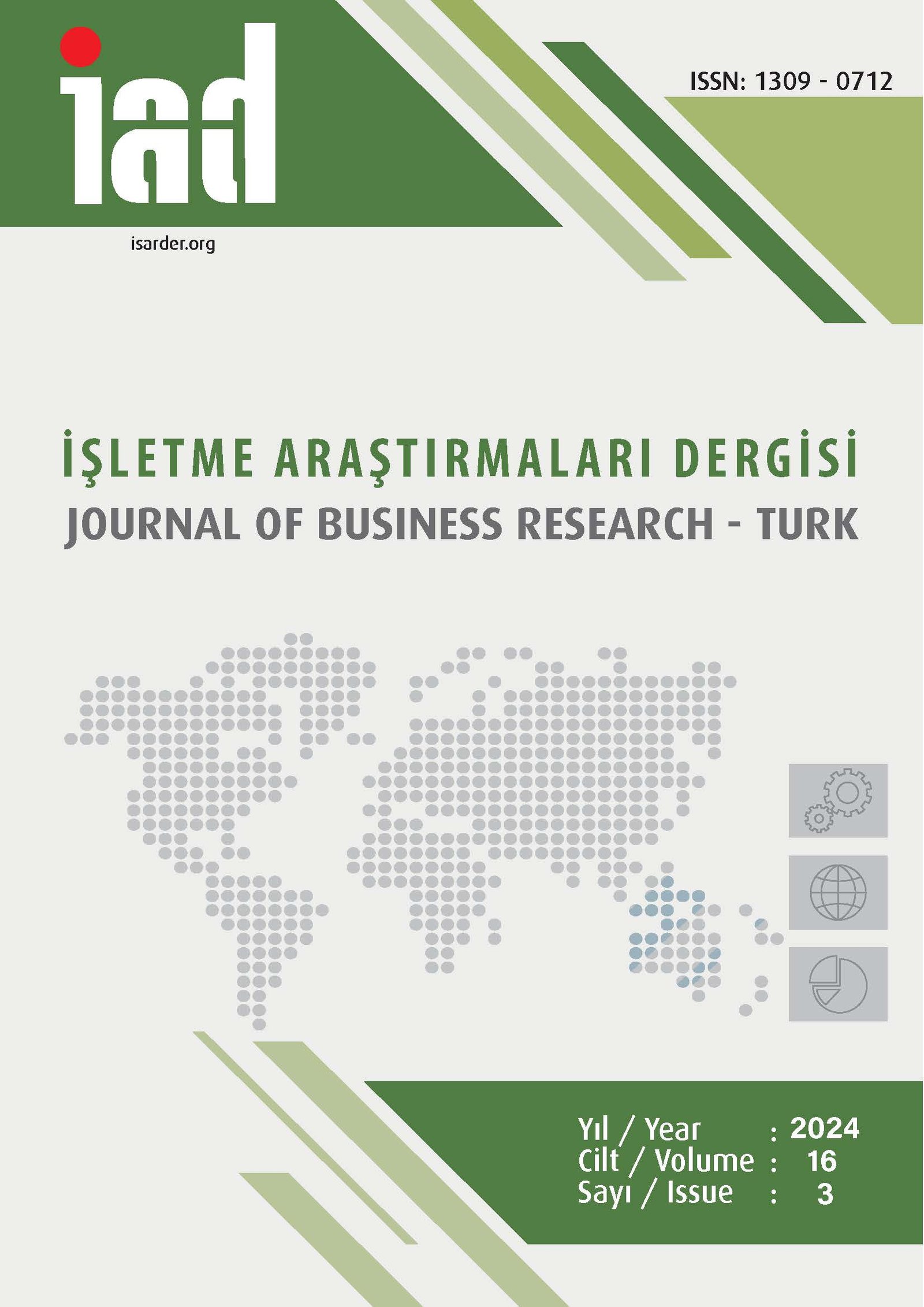Bibliometric Analysis of Electronic Word of Mouth (eWOM): Comparison between Scopus and WoS Databases
DOI:
https://doi.org/10.20491/isarder.2024.1854Keywords:
Electronic Word of Mouth, eWOMAbstract
Purpose – In this study, bibliometric analyses of electronic word-of-mouth (eWOM) articles published in journals indexed in Scopus were compared with the bibliometric analysis results of Eren and Eren (2020) in Web of Science (WoS). It was aimed to determine the similarities and differences between databases. Design/methodology/approach – The study was carried out using the descriptive survey model, one of the quantitative research designs. For this purpose, the bibliometric analysis method was used. For bibliometric analysis, the data were analyzed using the VOSviewer program. Five hundred-one articles on eWOM published in Scopus between 2006 and 2018 were used to obtain the data from which network and density maps were drawn. Findings – In Scopus, 501 articles on eWOM published between 2006-2018 were cited 12999 times, while 774 articles published between 2019-2022 were cited 333392 times. The average number of citations per article was 36.39. The h index of the articles is 102. With 1638 citations, Litvin, Goldsmith and Pan's eWOM article published in 2008 was the most cited article. The researchers mostly used the keyword "ewom" in the keywords of their articles. Discussion – Electronic word-of-mouth communication has been used in many fields other than marketing. Especially during and after the COVID-19 pandemic, more research has been conducted in this field. The development of technology, especially the widespread use of the internet, and the increasing number of social media users with the effect of smartphones have had an impact on this. While research on eWOM is increasing, the lack of any studies from Turkey in the international literature requires more studies in this field.
Downloads
Published
How to Cite
Issue
Section
License

This work is licensed under a Creative Commons Attribution-NoDerivatives 4.0 International License.





